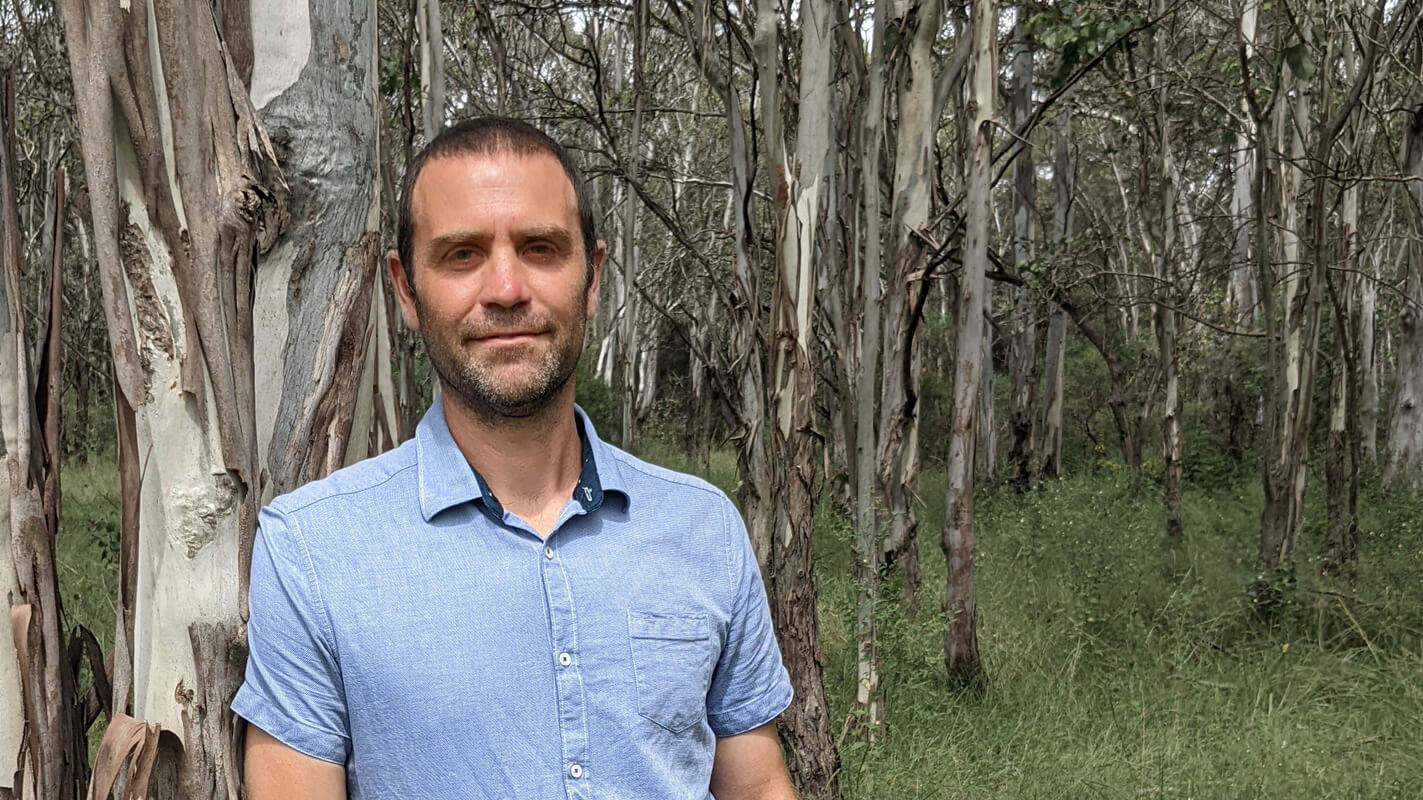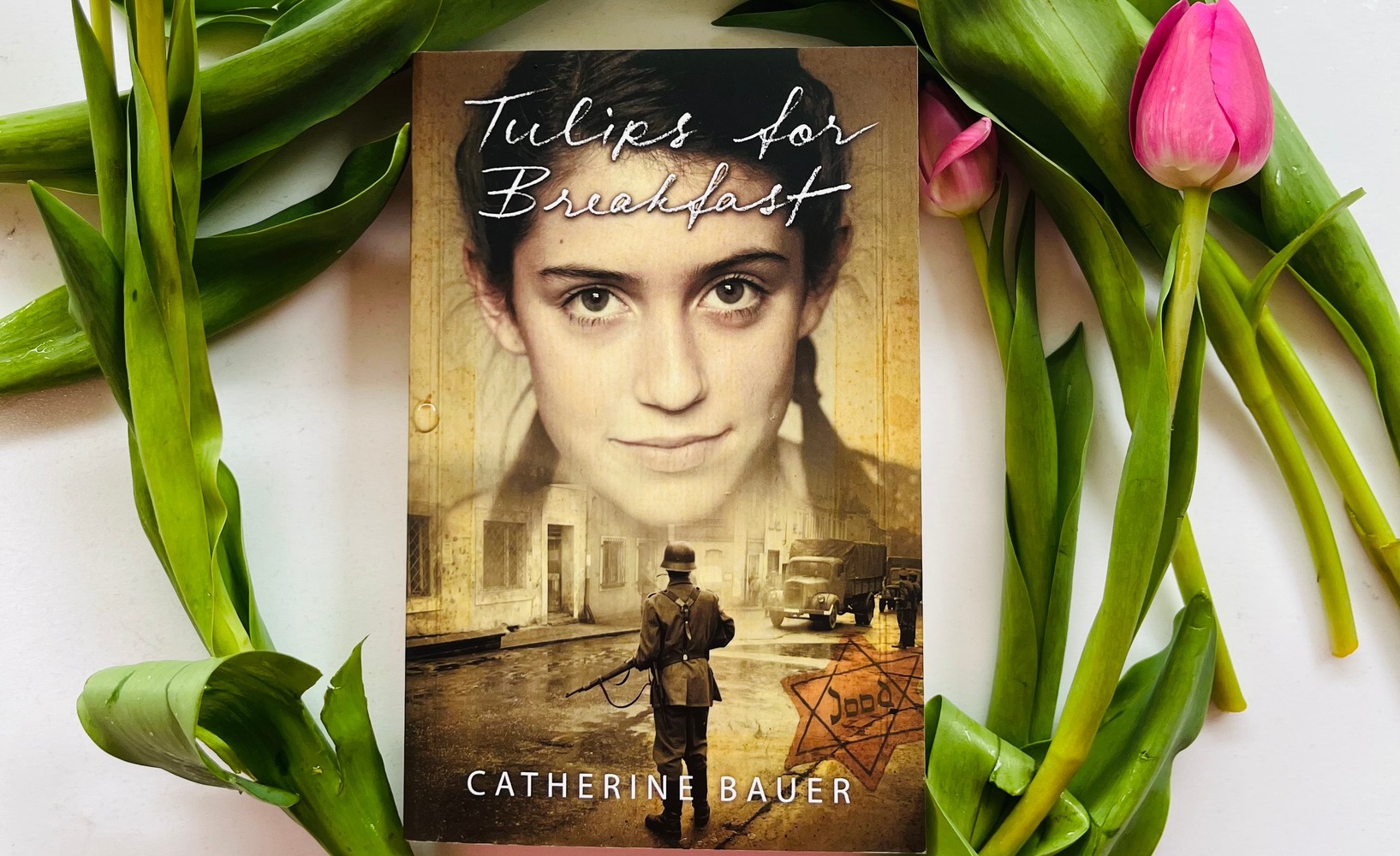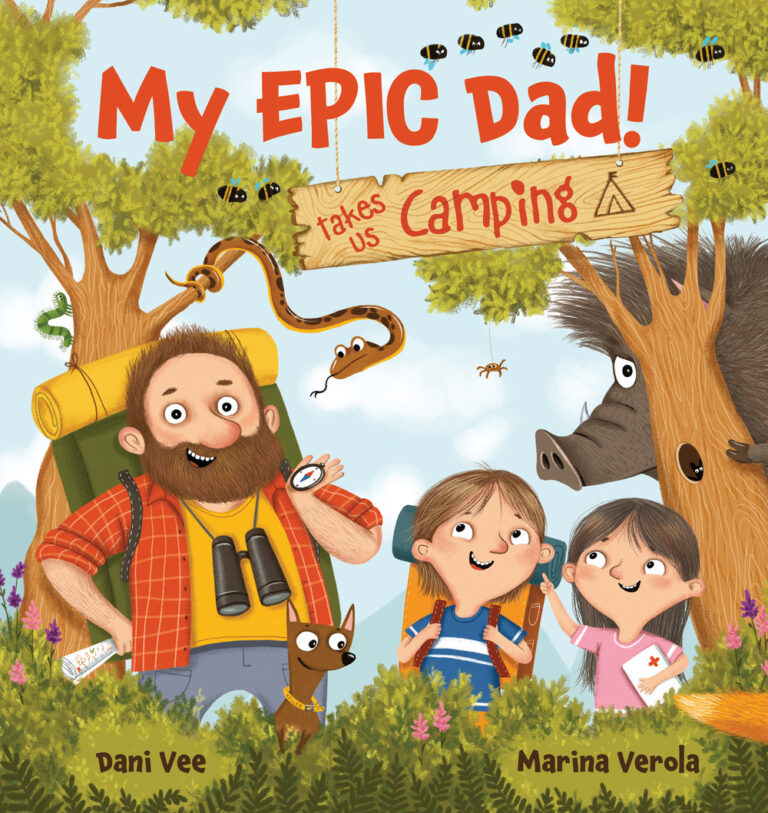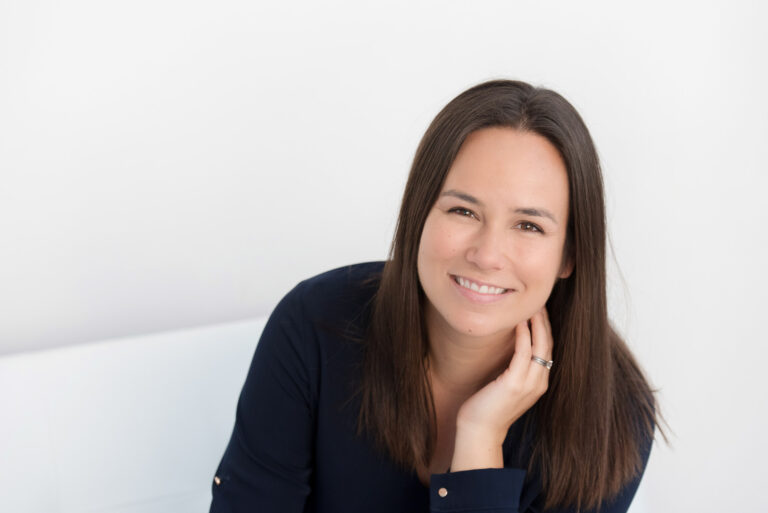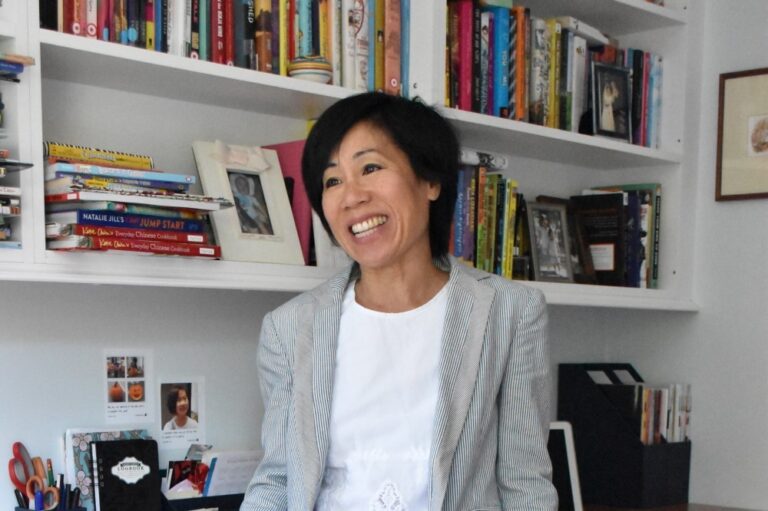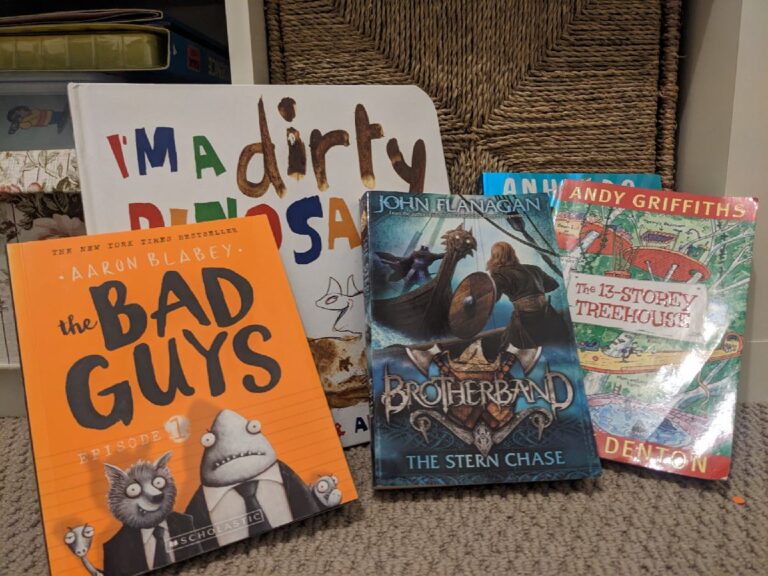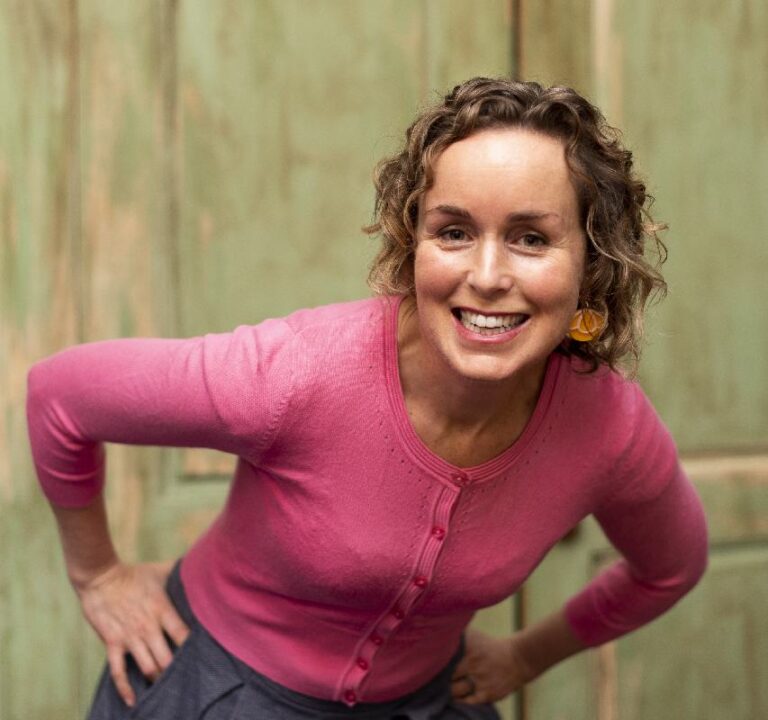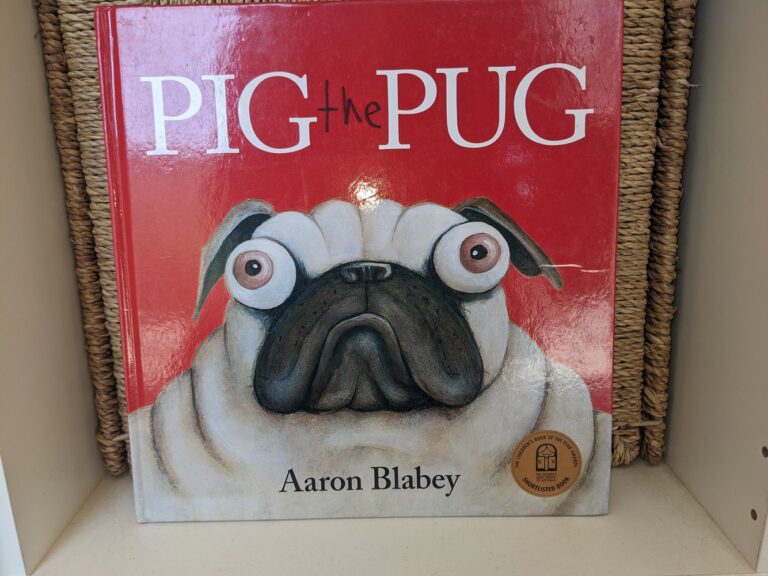Catherine Bauer discusses Tulips for Breakfast
Catherine Bauer is a South Australian-born journalist and communications specialist and awarded children’s writer, Catherine Bauer grew up in Adelaide, where she lives with her three sons and three cats. When not working full time as a Media Adviser, Catherine writes, reads, enjoys theatre, keeping fit, and enjoying plenty of chocolate. Her latest book, Tulips for Breakfast, is an historical fiction YA novel and was recently published by Ford Street Publishing.
Interview with Catherine Bauer
Andrew: Hi Catherine! Thanks for coming in on the blog! After reading your intro, I’d love to know what your favourite theatre play or musical is and very importantly, what’s your favourite chocolate?
Catherine: Thanks for having me on the blog Andrew – really appreciate your interest in my novel.
The answer to what’s my favourite chocolate is easy. My absolute can’t live-without chocolate is – FruChocs. They’re apricot balls coated in milk chocolate and are a South Australian specialty – amazingly delicious.
When it comes to my favourite piece of theatre, it’s not so easy. I worked with State Theatre Company South Australia for several years and got to see some amazing work. At a pinch, State Theatre Company South Australia’s 2019 production of Hydra stands out as a favourite piece. It’s a truly a moving tale about the great Australian literary couple George Johnston who leave post-World War II Australia for the Greek island of Hydra. It really resonated with me as writer and a female. Charmaine was forced for many years to put her own writing career on the backburner while George’s career took off.
Catherine’s new YA Novel – Tulips for Breakfast
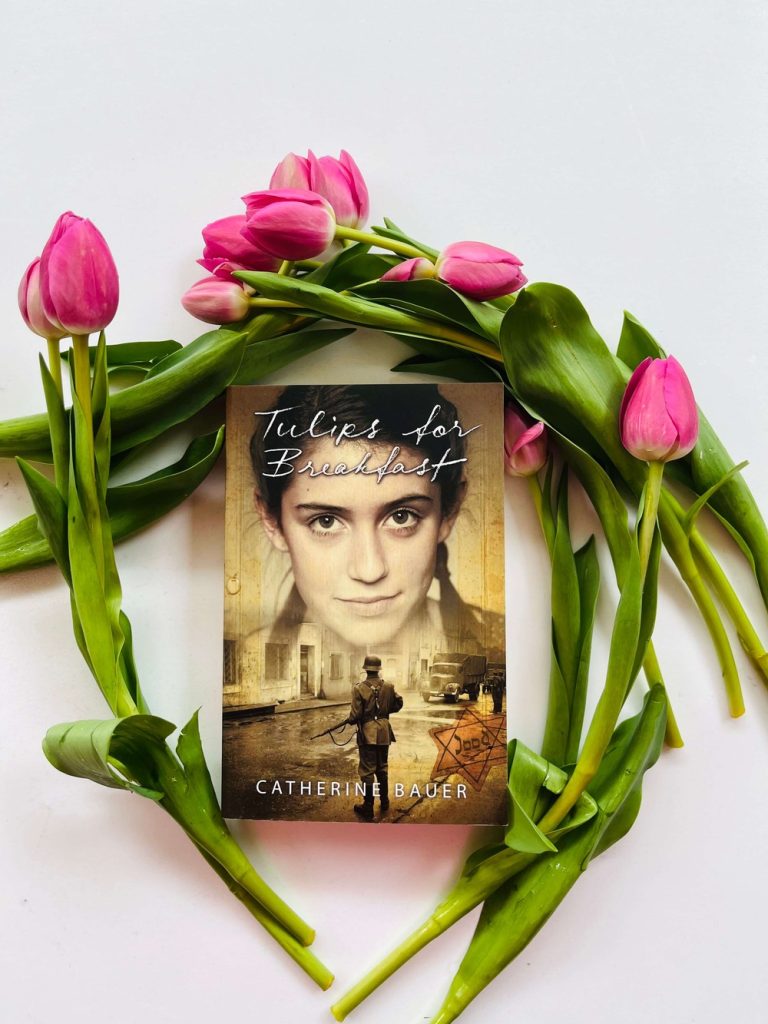
Andrew: Tulips for Breakfast is a YA historical fiction novel. Why do you love learning about history and how has it impacted your life?
Catherine: I think one of the reasons is that it sparks my imagination. I think about all these people who came before us and I wonder what their lives must have been like – especially before the advent of technology, social media, mass communication, transport and all the comforts we enjoy today. How did people manage their lives and relationships? How did the political and cultural worlds operate?
History is also a reminder of how things can go off the rails, or how we can learn from past mistakes – whether it be in relation to global politics, the environment, social welfare and other important social issues. I also love looking at history’s key moments and thinking about how they helped lead us to where we are now and how they might take us to the next stage – whatever and wherever that is. I like the concept of learning from history, which is what this Hebrew expression “between the raindrops” means – it’s about evading repeated disaster.
YA Historical fiction set in the Second World War.
Andrew: What led to your decision to write a story set in Amsterdam during the second world war?
Catherine:: My father grew up in WWII Germany – he was 11 when the war ended. When I was a kid, Dad shared his amazing stories of his experiences and adventures of growing up in a small regional town near the French border with me and my siblings. My Dad’s family experienced their own form of Nazi persecution in that that they were Catholic and did not openly support the Nazi Party. This attracted a deal of negative attention from the local Gestapo. Dad still has vivid memories of the era and the end of the war – he’s now now 89. His stories ignited my interest in the era and desire to try to make sense of what happened and why.
In addition to all this personal history, at 13 I read The Diary of Anne Frank. I was fascinated by her ability to express herself, her humanity despite only being aged 13 herself. I tried to imagine what that isolation and fear must have been like and was blown away that despite it all, she still felt there was good in everyone. She was a deep thinker and I always wonder what achievements she’d have gone on to make had things turned out differently.
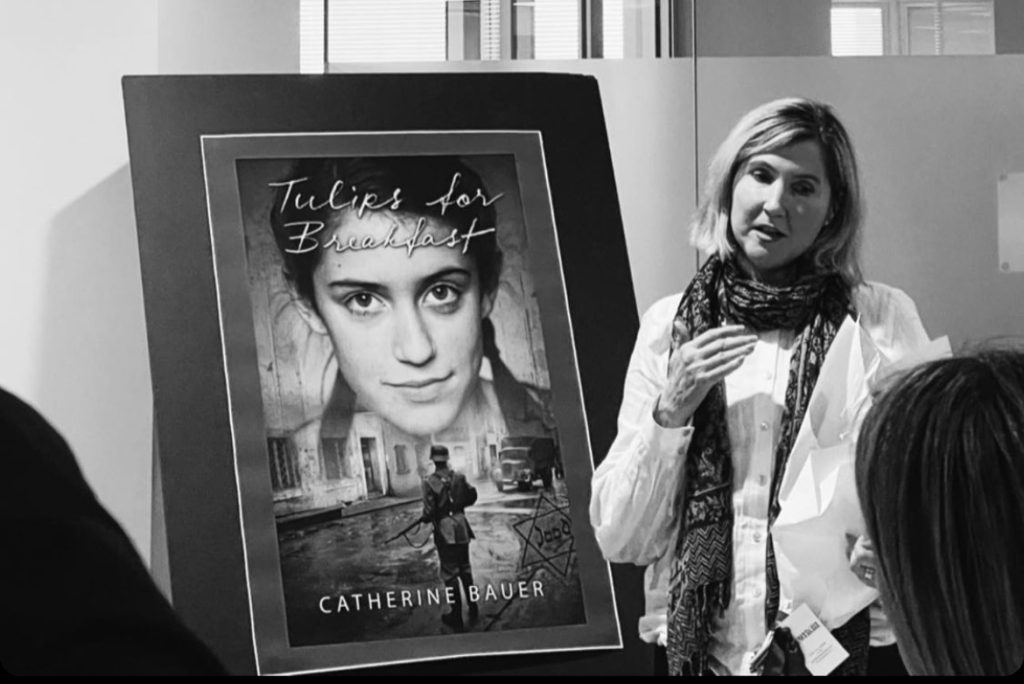
The research behind the novel.
Andrew: You interviewed former hidden children to get first-hand accounts to make sure Tulips for Breakfast was historically accurate and had authentic emotion. What struck you most about those interviews and how did it help you shape your story?
Catherine: Without extensive research and the fact that others were willing to share their own histories, this story would not have been possible. I connected with Jewish museums – here in Australia the US and Jerusalem, watched documentaries, read widely and reached out to those with lived experience of the times. Without fail everyone I reached out to was encouraging and not at all reserved in their encouragement or willingness to be honest and open.
One thing that surprised me was that many former hidden children – now elderly men and women – said that reconnecting with their parents and families after the war was often very difficult and painful for them – even though they had missed their parents hugely and feared they had been killed. Not only had time passed, they had changed during their time apart – grown up and developed their own ideas and personalities.
Also, for many they couldn’t reconcile the fact their parents had ‘given them up’ – even though it was done in the hope their children would survive where they, as adults, may not. This shattering of relationships was lifelong for many children who were never able to reform family bonds. I found this sad and surprising, but on reflection understand that the trauma of separation makes the idea a lot more feasible.
Reader feedback for Tulips for Breakfast
Andrew: As of May 2023, Tulips for Breakfast has only been out for several months but have you received feedback from readers? How has Tulips for Breakfast resonated with them?
Catherine: I’ve been touched by the feedback received so far – some readers have described the story as ‘heart breaking’, ‘funny’ and ‘suspenseful’. One adult reader said she could relate to the sense of isolation that resonates through the story. She said the difficulties that Lena had reconnecting with her family after her period in hiding was something she related to in reconnecting with others after Covid lockdown. It wasn’t something I expected. Another said it was a reminder that power can go to the heads of political leaders’ heads – a comparison to a former US President perhaps?
Andrew: Your character Adelena is loosely based on the real-life Hanneli Goslar-Pick, who was a friend and playmate of Anne Frank. Hanneli Goslar-Pick, sadly recently passed away in Israel. Hanneli had written to you, encouraging you to tell the next generation what happened. What did that mean to you to have the support and encouragement from Hanneli?
Catherine: Yes, my main character Adelena, aka Lena, is based on Anne’s best friend Hannah Goslar. Anne and Hannah went to the same kindergarten, primary school and the Jewish Lyceum.
Having access to this direct link to Hannah and having her encouragement to tell this story, fiction – but heavily based in fact – meant more than I can express. It inspired me through all the periods of uncertainty and all those times I grappled to find the time to sit down and write.
Andrew: How can people find out more about you and your books?
Catherine: I’m not great at social media – it’s one of my ambitions to improve!
But you can find me on Facebook and Instagram:

Andrew: Thanks so much for sharing with us about your story! All the best as you write the sequel.
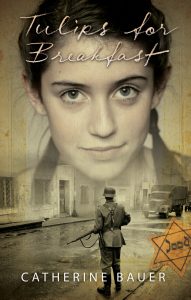
Get Tulips for Breakfast from Booktopia or your favourite online or your local bookstore.
